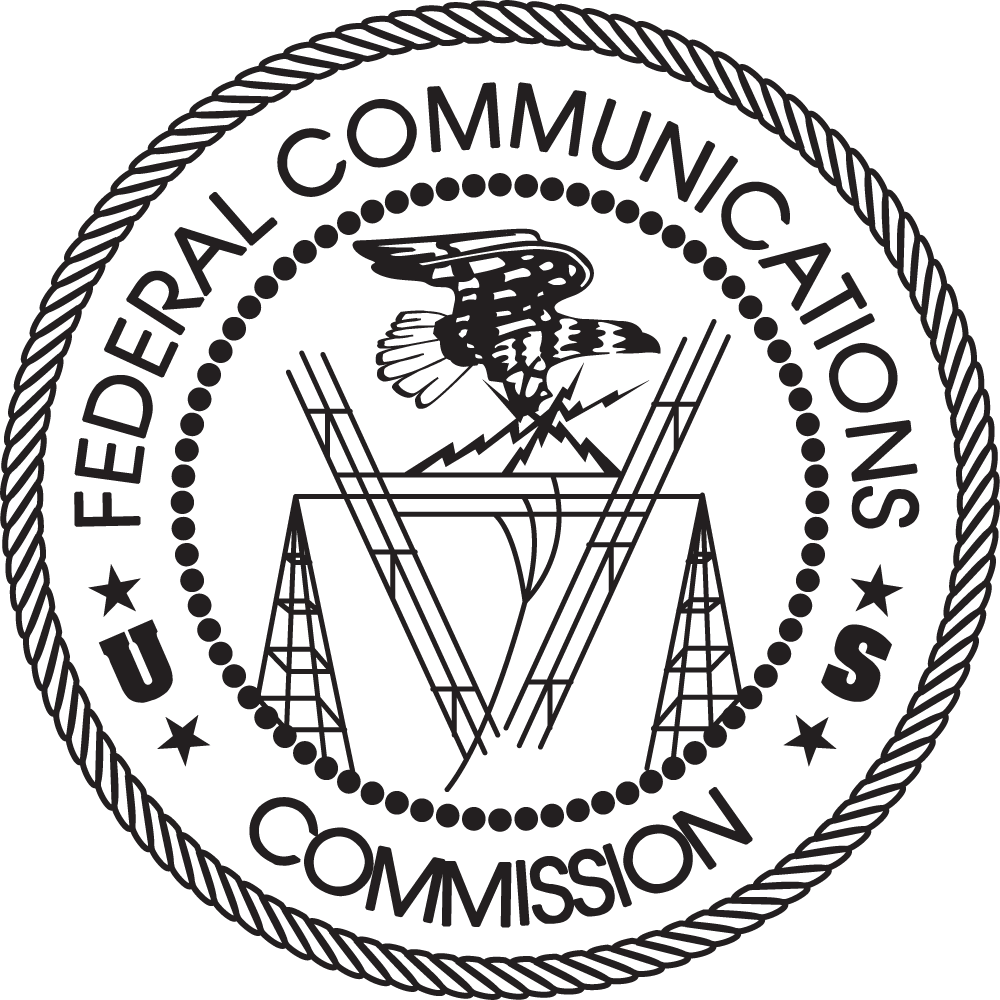
insideARM reported yesterday that the Consumer Financial Protection Bureau (CFPB) had released the long-awaited first set of data on consumer complaint narratives. Of the 7,700 narratives released, just under 30% (2,246) relate to debt collection. And of those, just under 30% also contained a public company response.
Since yesterday we’ve done some additional analysis of the data to look at how debt collection companies are responding. Of the 2,246 debt collection complaints with consumer narratives, 1,310 of them included one of the nine newly proscribed public response categories.
Here are the categories, in order of how often they were selected:
The category selected most (almost 46% of the time) basically confirmed that the company stood behind its handling of the account.
The second most selected category was an affirmative statement that the company chose not to respond. Combine this 27.7% of responses with those simply left blank, and that’s where you get about 70% without a public response. This isn’t surprising given our informal poll of individuals at collection agencies who are responsible for their company’s management of the CFPB’s complaint portal. Most said they planned to discuss the matter internally, but for now were not planning to use this response option.
The majority of the complaints (1,692, or 75.3%) listed were categorized by the company as “closed with explanation.” Of these, 412, or 24.3% of company responses were disputed by the consumer. Of interest is that insideARM uncovered in the article linked above that the company is not notified when their response is disputed, and there is no reasonable way to tie the complaint they see in their portal to the public-facing data where the status is displayed, as the complaint IDs are different. When asked why this might be the case, a CFPB official had no comment.
One broader data point of note is that of the 7,700 data points released, only about 100 (or 1%) were about payday loans, a category the CFPB has recently put at the top of its priority list. The most recent Consumer Advisory Board meeting, June 18 in Omaha, NE, was focused on this segment, and earlier this year the CFPB held a field hearing about the topic in Richmond, VA.
More Detail About CFPB’s Release of Public Debt Collection Complaint Narratives
http://www.insidearm.com/daily/debt-collection-news/accounts-receivables-management/more-detail-about-cfpbs-release-of-public-debt-collection-complaint-narratives/
http://www.insidearm.com/feed
insideARM










